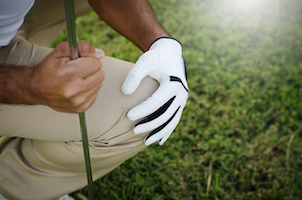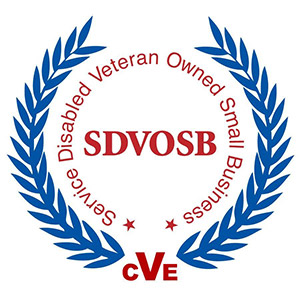Knee Injuries
 Second to back pain, knee injuries are the most common type of golf related pain. Torn ligaments are a common occurrence in golf because of all the necessary pivoting and twisting motions that are put on the knees during the golf swing. An indicator for players is a loud popping sound as the injury occurs. Surprisingly, pain may not be associated with a ligament tear, but this varies from person to person, as well as per injury.
Second to back pain, knee injuries are the most common type of golf related pain. Torn ligaments are a common occurrence in golf because of all the necessary pivoting and twisting motions that are put on the knees during the golf swing. An indicator for players is a loud popping sound as the injury occurs. Surprisingly, pain may not be associated with a ligament tear, but this varies from person to person, as well as per injury.
Along with ligament injuries, the twisting and pivoting motions can place the meniscus under a lot of stress and make it vulnerable to injury. If a Meniscus tear has occurred, you will notice a catching sensation in the knee during squatting and bending movements. The biggest problem with this sort of injury is the length of time it takes to recover. The meniscus does not receive the necessary blood supply to heal as fast as other tissues.
Causes of knee problems in the golf world are far and wide. Some of the culprits include:
- The backswing and the follow-through require repetitive twisting motions that, over time, add up to a lot of stress on the knees.
- Right-handed golfers routinely experience problems with the left knee.
- If a golfer has tight back muscles, added stress is placed on the knee.
- Often without even realizing it, some golfers exert a force on their knee to provide extra stabilization during the swing.
- A golfer with sore hip muscles defers more weight and stress to the knees in order to allow for greater speed and torque during the swing.
- Poor fitting shoes can contribute to knee injuries. If the shoe does not provide adequate support, the knee is placed in an awkward position.
It is vital that golfers keep the muscles in their back and hips flexible and free from any soreness or stiffness. This will ensure that no undue stress is placed on the knees during the swing. Full motion must move smoothly as the hips and back work together to allow for a solid rotation. If you are experiencing any pain that lasts for more than a few days or seems to be getting worse, consult with your doctor immediately. Do not ignore the injury or continue to play because you can aggravate the injury and prevent proper recovery.

